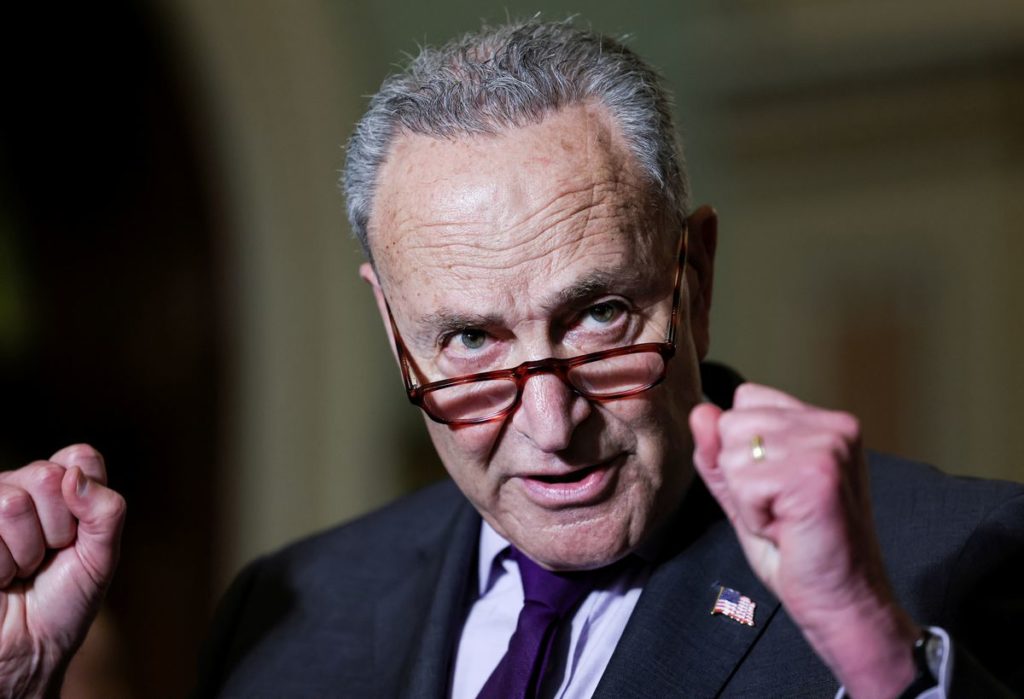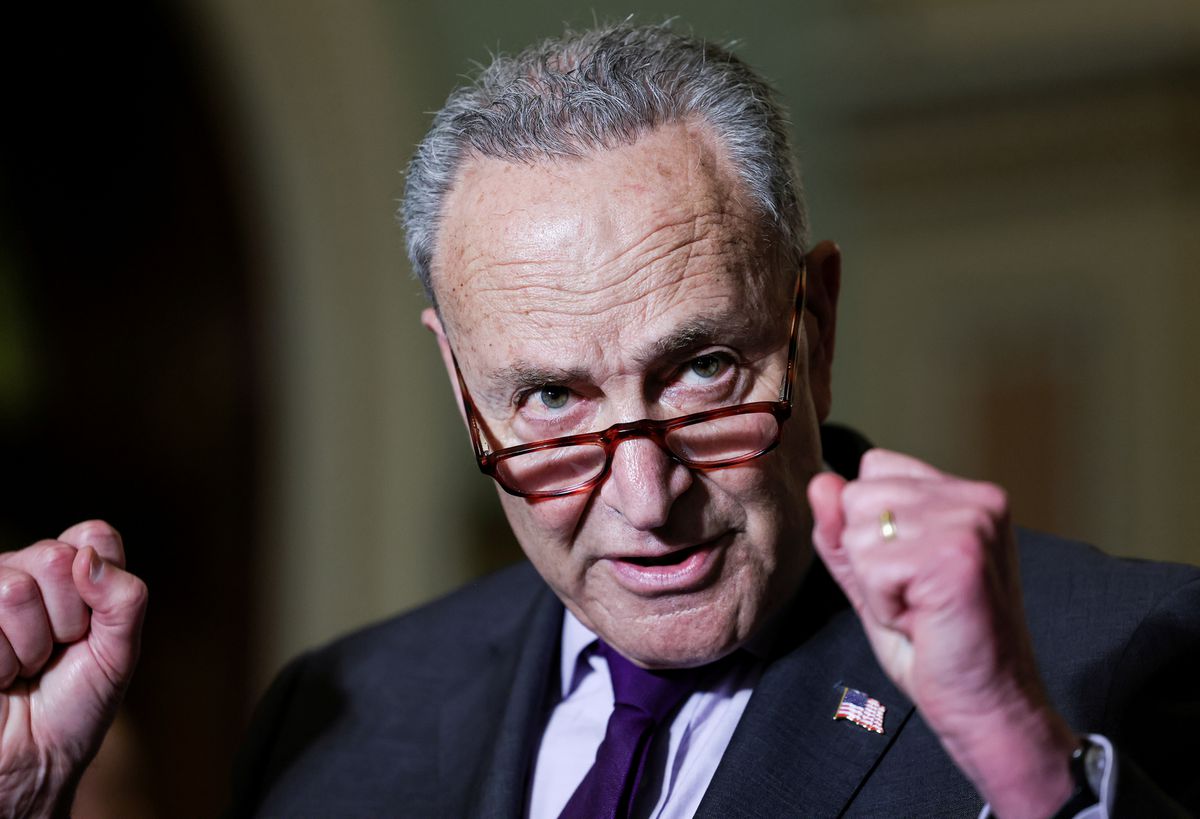A Senate vote on Tuesday is expected to fail due to solid Republican opposition. However, liberal activists and Democratic lawmakers are not giving up hope that they can use this as an inflection point in their last-ditch push for voting rights legislation before the end of summer by changing senate rules.
After the Senate voted down a bill to restore federal voting rights, advocates of intervention are in an uphill battle. Republicans who enacted new restrictive state laws and even some Democrats oppose it. Advocates hope that if they can get enough support from GOP senators or eliminate filibuster rules then there is still a chance for progress on this issue before 2020 elections come around again with more states enacting stricter legislation like North Carolina’s voter ID law which has faced legal challenges as well as public backlash.
Republican senators are threatening to block even the discussion of voting rights. Senate Majority Leader Charles Schumer warns in a fiery floor speech that Republicans have gambled with their country’s future and they need to wake up before it is too late.
Advocacy groups are finally taking a stand against the Senate’s disregard for state voting rights and plans to launch a new flurry of efforts in order to convince those senators that this is an issue worth fighting over. They’re aiming their newest campaign at convincing Senators before they break for recess so states have time implement it by 2022, when midterms will be held next year.
Hundreds of organizations across the country are coming together to demand that Congress take action on pressing issues during their break. The campaign, which is titled “Deadline for Democracy,” will focus specifically on town halls and rallies outside member offices in D.C., as well as events planned by grassroots organizers throughout America’s 30 states.
All across the US, 18 states have enacted more than 30 laws that restrict voting. These restrictions affect roughly 36 million people or 15% of all eligible voters according to a report by nonpartisan Voting Rights Lab released last week.


